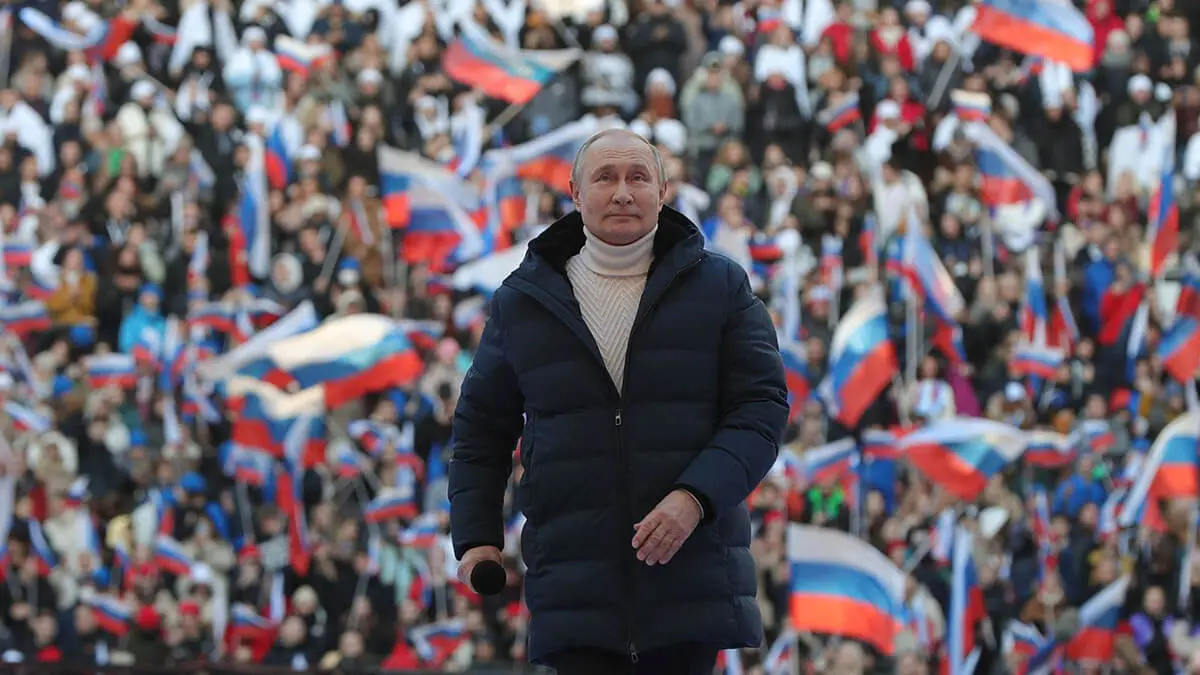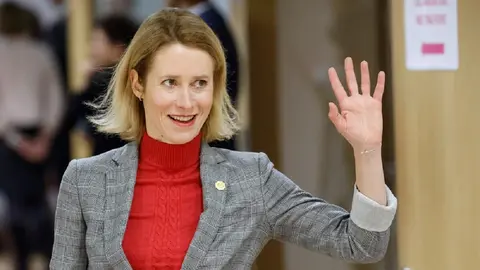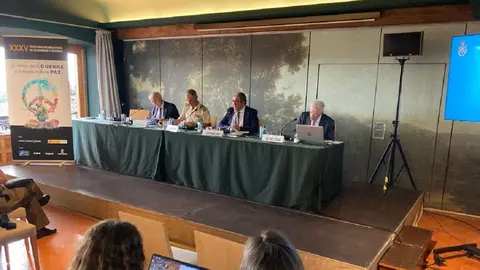Don't underestimate a Putin more dangerous than ever

Vladimir Putin has strengthened his power, which if it was already great, has now been consolidated not only in the immense Russian Federation but also in the rest of the world, because whether he likes it or not, from now on he will be a determining personality in the future of the world.
His overwhelming Putin-style victory, that is, by civilian and/or physical elimination of any adversary that could overshadow him, does not detract from the indisputable reality that he is the undisputed leader of what is still the world's second nuclear power. By eliminating any hint of contestation - be prepared for brutal repression by opponents at home or abroad - his decisions will be final and obeyed without objection. Of course, his landslide election victory by no means meets the parameters of a democracy worthy of the name, but both in Russia itself and in the space of its main allies, China, North Korea and Iran, such a reassertion of absolute power will be regarded with admiration and as an example to follow.
Of course, Putin believes that the vast majority of his subjects (the word is deliberately placed) have given him a free hand to conduct the war in Ukraine as he sees fit. And the Kremlin's tenant, or rather owner, is certainly not contemplating defeat. He will probably have to proceed with a massive re-recruitment and mobilisation, as well as maintaining an enormous economic effort to continue the war. Decisions that in a true democracy would end the political career of whoever proposed them, but which in an iron dictatorship have no other problem than that of accentuating repression without stopping at bars and whoever falls, among those who dare to protest, of course.
Putin, who prefers Peter I the Great as a model rather than Stalin, is ready to consolidate his positions in Ukraine, whose conquered land he has also forced its inhabitants to vote in, to advance until Kiev surrenders, and perhaps then to sit down at a negotiating table where his demands will make countries tremble that today are under the umbrella of NATO and the European Union, but which Putin claims as satellites that were forced out of Moscow's orbit.
The Russian president will further strengthen the 'partnership without limits' that he signed with his Chinese counterpart Xi Jinping before the invasion of Ukraine. This alignment has finally put Europe and NATO on alert. NATO Secretary General Jens Stoltenberg acknowledged in the latest report that "Beijing does not share our values and on the contrary challenges our interests". The various pronouncements of the past few days, from Frenchman Emmanuel Macron's suggestion that sending soldiers to Ukraine should not be ruled out, to that of Spanish Defence Minister Margarita Robles, warning that Spaniards should be seriously concerned about being within range of Russian missiles, are no coincidence.
While international sanctions are taking their toll on the Russian economy, especially in the regions furthest from Moscow, it is clear that Putin has manoeuvred to divert its main sources of revenue both to Asia, especially China and India, and to establish agreements with the so-called Global South, that heterogeneous conglomerate of countries that view with sympathy the Sino-Russian desire for an alternative world order to the one designed after the Second World War. These are the countries that contest the predominance of the United States and hope that the fact that many of them are branded authoritarian and repressive states by the West will not prevent them from having their place in the international concert recognised with all the honours and consideration it deserves.
Next October, Putin will receive in Kazan the leaders of the BRICS, an alliance that, in addition to the original Brazil, Russia, India, China and South Africa, also includes Iran, the United Arab Emirates, Ethiopia and Egypt. These countries are all the more important because they are directly or indirectly involved in the current war in Gaza, a conflict that not all those involved prefer not to see spill over, but whose reality crudely affects the interests of the whole world, as evidenced by the diversion of a large part of the maritime traffic that usually passes through the Red Sea.
Putin never tires of repeating that "no lasting international order is possible without a strong and sovereign Russia". He himself, resentful of the treatment meted out to him by the G-7 giants when he had just succeeded Boris Yeltsin, is ready to be a major player in whatever happens on the planet. It would be wise to take his threats seriously and prepare for a clash that seems increasingly inevitable between the order that the West still espouses and his own.



